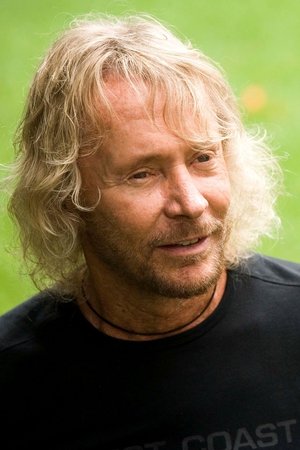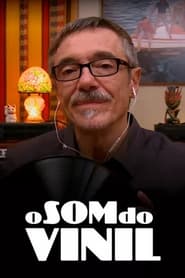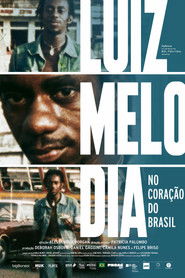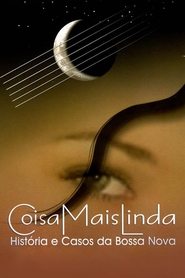
Marcos Valle
Marcos Kostenbader Valle (born 14 September 1943) is a Brazilian singer, songwriter, and record producer. He has produced works in many musical styles, including bossa nova, samba, and fusions of rock, soul, jazz, and dance music with Brazilian styles. Valle is credited for popularizing bossa nova in the 1960s. Valle was born as Marcos Kostenbader Valle on 14 September 1943. He and his family lived in an apartment near Copacabana beach. Valle began playing piano at the age of five. His parents purchased him a Petrof piano when he was ten years old. Growing up, he became influenced by Marvin Gaye. In 1963, he and his family lived in a house, and Antônio Carlos Jobim had just moved across the street from them. Valle is married to singer Patricia Alví. He previously had a wife named Anamaria. Valle's talent was evident from his high school years, which coincided with the explosion of the bossa nova movement in Rio. His classmates included future legends such as Edu Lobo and Dori Caymmi, and his composition "Sonho de Maria" was included on the Avanco album by the influential Tamba Trio in 1963. With his brother Paulo Sérgio Valle as his lyricist, he had already built an impressive portfolio of songs, prompting Odeon Records (a subsidiary of EMI) to sign him as a singer. His debut album Samba "Demais", was released in April 1964. His reputation quickly spread, and his fellow musicians (including Wilson Simonal, Elis Regina, and Nara Leão) lined up to record his songs. A second album, O Compositor e o Cantor, followed in 1965, and featured what would become his most recognisable song, "Samba De Verão" – known in English as "So Nice (Summer Samba)" – along with other hits such as "Deus Brasileiro," "Gente", and "A Resposta". 1966 brought Valle's first trip to the United States, where he and his then-wife Annamaria briefly teamed up with Sérgio Mendes in an early version of what would later become Brasil '66. The threat of being drafted and sent to Vietnam caused Valle to return quickly to Brazil, although the following year saw him back to the United States and enjoying some success, including the release of his U.S. debut album, Braziliance!, on Warner Bros. Records, and several appearances on The Andy Williams Show. Following session work on Verve Records releases by compatriots Walter Wanderley and Astrud Gilberto, the label released Valle's Samba '68 featuring English-language versions of songs from his earlier Brazilian releases. Shortly thereafter, feeling homesick, Valle returned to Brazil and entered a new creative phase. Viola Enluarada (1968) was more mature and introspective, far removed from the frothy feel of Samba '68. The title track was a duet with Milton Nascimento and became one of Valle's signature compositions in Brazil. It also betrayed a political consciousness largely absent from Valle's previous work – he would become more overtly political in the years to come. The album as a whole pointed to a broader range of musical influences (particularly the Northeastern Brazilian styles he had enjoyed listening to since his childhood days) that moved him out of the "strictly 'bossa nova artists' club." ... Source: Article "Marcos Valle" from Wikipedia in English, licensed under CC-BY-SA 3.0.
Known For
Credits
- 2026 · The Girl From Ipanema: Astrud Gilberto, Queen of Bossa Nova as Self
- 2025 · Luiz Melodia - Within the Heart of Brazil as Self (archive footage)
- 2024 · Os Afro-Sambas: The Brazil of Baden and Vinicius as Self
- 2020 · Emicida: AmarElo - It's All for Yesterday as Self
- 2020 · Dom Salvador & The Abolition as Self
- 2019 · Extrafísico - Jorge Vercillo as Self
- 2018 · Where Are You, João Gilberto? as Self
- 2017 · Eu, Meu Pai e Os Cariocas as Self
- 2015 · André Midani - An Insider’s Story Of Brazilian Music as Self
- 2008 · Bossa Nova: the sound that seduced the world as Self
- 2007 · O Som do Vinil as Self
- 2005 · Coisa Mais Linda - Histórias e Casos da Bossa Nova as Self (archive footage)
- 1984 · Amor com Amor Se Paga as Self
- 1971 · Lua de Mel e Amendoim as
- 1971 · Samedi soir as Self



